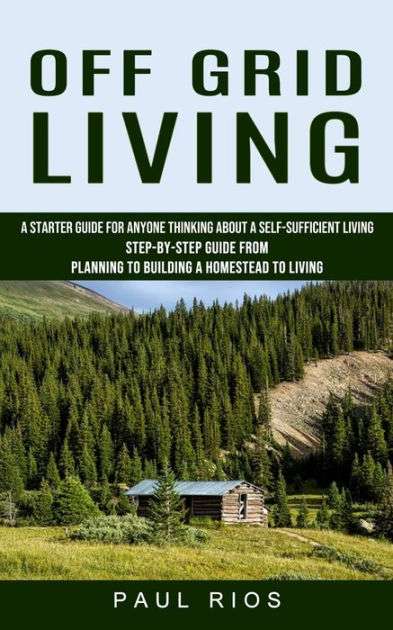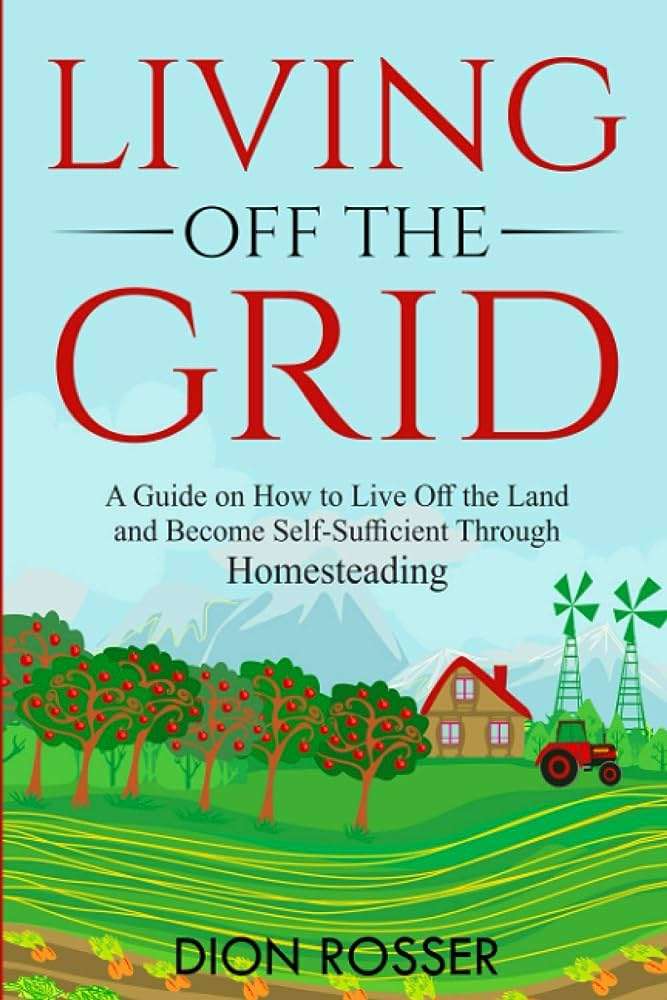Living off-grid in Washington is not only a trend, but also a way of life that many residents are embracing. With its vast untouched wilderness, abundance of natural resources, and a population that values self-sufficiency, Washington provides an ideal setting for those seeking a more sustainable and secluded lifestyle. However, making the move to off-grid living in this state comes with its challenges, including the high cost of property and the need for backup power during cold winters. Despite these obstacles, the rewards of living off-grid in Washington are plentiful, from the opportunity to grow crops and hunt to the chance to immerse yourself in the state’s stunning forests and natural beauty. Whether you choose the Olympic Peninsula, Eastern Washington, or the Cascade Mountains as your off-grid haven, Washington offers a unique experience that combines independence, privacy, and a deep connection with nature.

Living off-grid in Washington: A Guide to Self-Sufficiency and Wilderness Living
Introduction to off-grid living in Washington
Living off-grid in Washington offers a unique opportunity to embrace self-sufficiency and wilderness living. With its vast untouched wilderness and abundance of natural resources, Washington is an ideal state for individuals seeking a more sustainable and independent lifestyle. As the popularity of off-grid living grows, many people are drawn to Washington’s beautiful forests, rich wildlife, and the chance to live off the land. However, before embarking on this journey, it is essential to understand the benefits and challenges that come with off-grid living in Washington.
Benefits of off-grid living in Washington
One of the significant benefits of off-grid living in Washington is the opportunity to reconnect with nature. By living off the land, you can immerse yourself in Washington’s scenic beauty, enjoying the pristine forests, majestic mountains, and tranquil lakes. Living off-grid also allows you to have a smaller carbon footprint and minimize your impact on the environment. By generating your own power, growing your own food, and managing your resources efficiently, you can reduce your reliance on external sources and contribute to a more sustainable future.
Another advantage of off-grid living in Washington is the sense of self-sufficiency and independence it provides. By becoming less reliant on public utilities and services, you can regain control over your life and live on your terms. Additionally, living off-grid encourages a simpler lifestyle, free from the distractions and pressures of modern society. It allows you to focus on what matters most, such as spending quality time with loved ones, pursuing hobbies, and finding inner peace in the solitude of nature.
Challenges of off-grid living in Washington
While off-grid living in Washington offers many benefits, it also comes with its share of challenges. One significant hurdle to overcome is the cost of property. Washington’s high land prices make it challenging for individuals with limited financial resources to purchase suitable off-grid land. Additionally, off-grid living requires a significant upfront investment in infrastructure and equipment, such as solar panels, generators, and water collection systems, which can further strain your budget.
Another challenge is the harsh winters in Washington. Cold temperatures, heavy snowfall, and limited sunlight can make it challenging to meet energy needs solely through renewable sources. It is recommended to have a backup generator to ensure a constant energy supply during these colder months. Furthermore, the rural and remote areas where off-grid living is most common may present difficulties in accessing essential services and supplies. Poorly maintained roads and inclement weather can make transportation a challenge.
Factors to consider before choosing off-grid living in Washington
Before embarking on the journey of off-grid living in Washington, there are several factors to consider. Firstly, it is essential to assess your readiness and commitment to the off-grid lifestyle. Living off-grid requires a certain level of self-sufficiency, resourcefulness, and adaptability. It is important to be prepared for the physical and mental challenges that come with this lifestyle, from the physical labor of maintaining your property to the potential isolation and limited access to conveniences.
Additionally, it is essential to research and choose the right location for your off-grid home. Washington offers a diverse range of regions, each with its own advantages and disadvantages. Factors to consider when selecting a location include availability of natural resources like water and sunlight, proximity to amenities and services, and the overall climate and weather patterns. Furthermore, understanding the legal considerations and restrictions for off-grid living in Washington is crucial to ensure compliance with local laws and regulations.

Choosing the Right Location
Overview of Washington’s regions
Washington is divided into distinct regions, each with its own unique characteristics and suitability for off-grid living. The state is home to the Olympic Peninsula, the Cascade Mountains, and Eastern Washington, to name a few notable regions. Understanding the features and opportunities offered by each region can help you make an informed decision when selecting a location for your off-grid home.
The Olympic Peninsula is known for its lush rainforests, rugged coastline, and abundant wildlife. This region offers a temperate climate and ample opportunities for outdoor activities like hiking and fishing. The Cascade Mountains, on the other hand, are renowned for their stunning peaks, pristine lakes, and winter sports. This region boasts a diverse ecosystem and opportunities for renewable energy generation, making it an attractive choice for off-grid living. Eastern Washington, with its arid climate and vast agricultural lands, presents opportunities for sustainable farming and self-sufficiency.
Best regions for off-grid living in Washington
While each region in Washington offers its own unique advantages, some areas stand out as particularly suitable for off-grid living. The Olympic Peninsula, with its abundant rainfall, provides ample water sources for off-grid living. The region’s mild climate and rich biodiversity make it an ideal location for those seeking a balance between wilderness living and proximity to amenities. The Cascade Mountains, with their renewable energy potential and stunning landscapes, are also popular choices for off-grid living. The arid climate of Eastern Washington, combined with the region’s fertile soil, presents opportunities for sustainable agriculture and self-reliance.
Factors to consider when choosing a location
When choosing a location for your off-grid home in Washington, several factors should be considered. Firstly, access to natural resources is crucial. Ensure that the location has a suitable water source and enough sunlight for energy generation. Proximity to amenities and essential services is another important factor. While off-grid living emphasizes self-sufficiency, having access to medical facilities, groceries, and other necessities is still essential. Assess the distance to the nearest town or community to ensure it meets your needs.
Also, consider the overall climate and weather patterns of the region. Washington has a continental climate in most areas and a semi-arid climate in the western parts. Understanding the climatic conditions will help you plan for energy needs, crop choices, and overall comfort. Lastly, research the local regulations and restrictions related to off-grid living in the chosen location. Ensure that you comply with all legal requirements and obtain any necessary permits or licenses before establishing your off-grid home.
Legal Considerations
Laws and regulations for off-grid living in Washington






